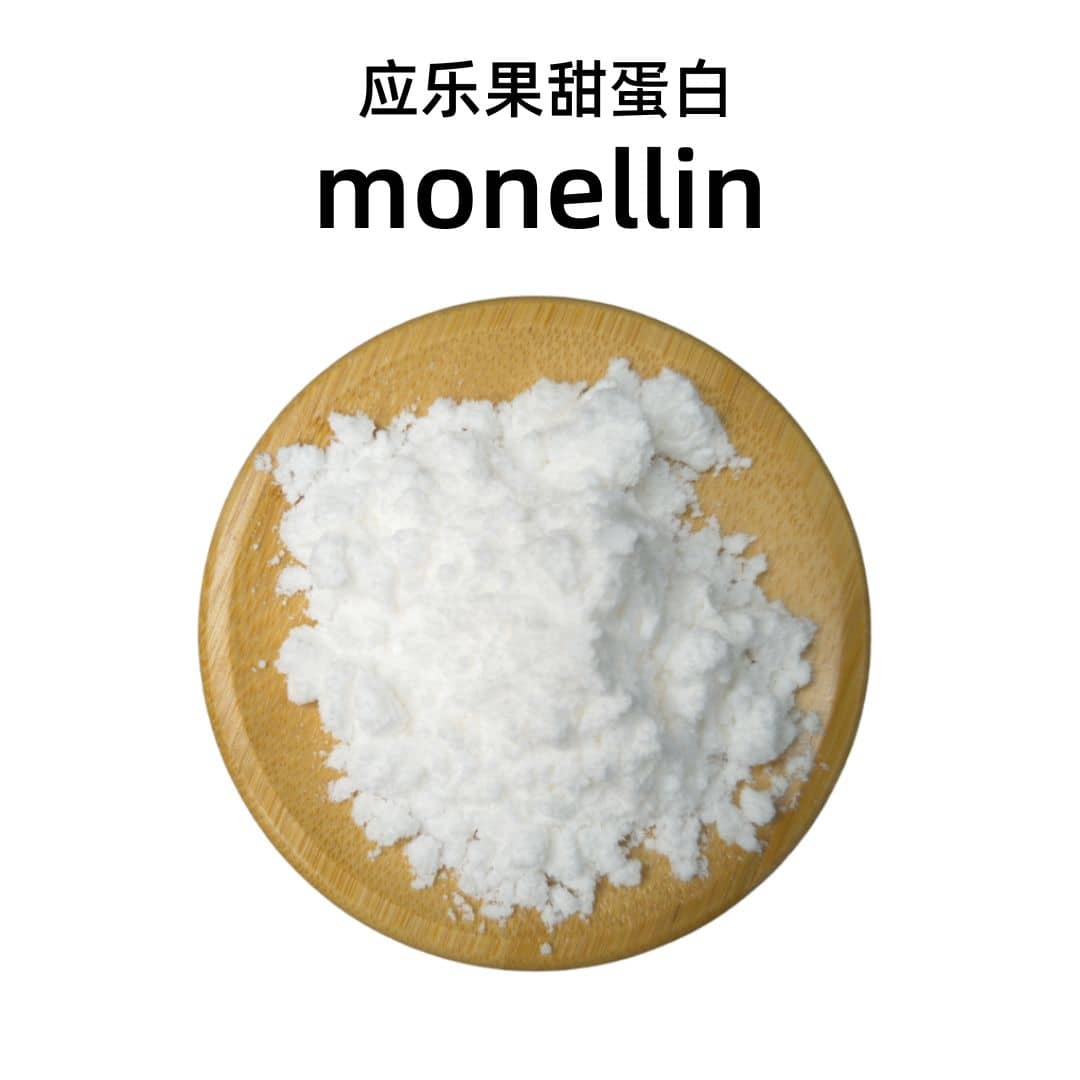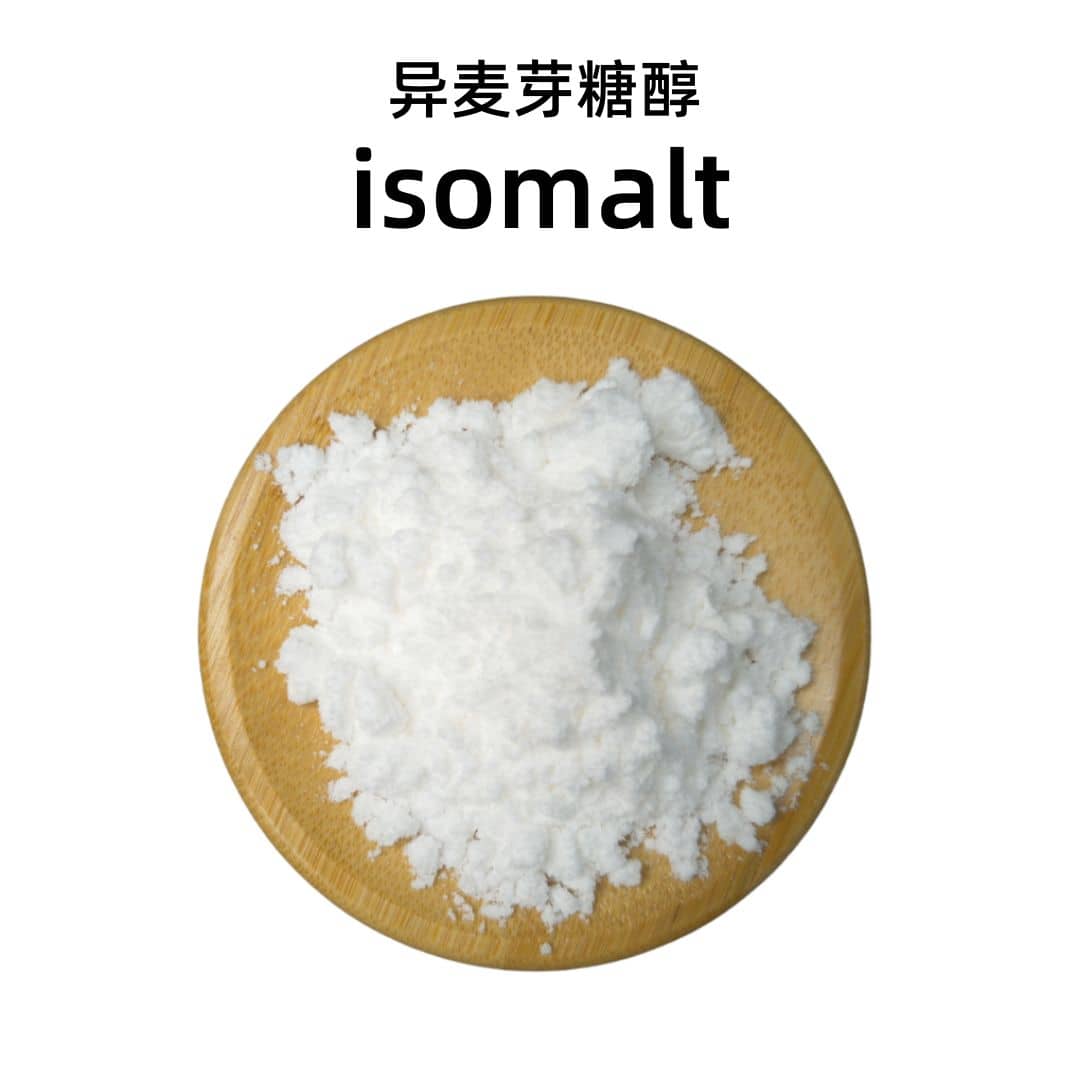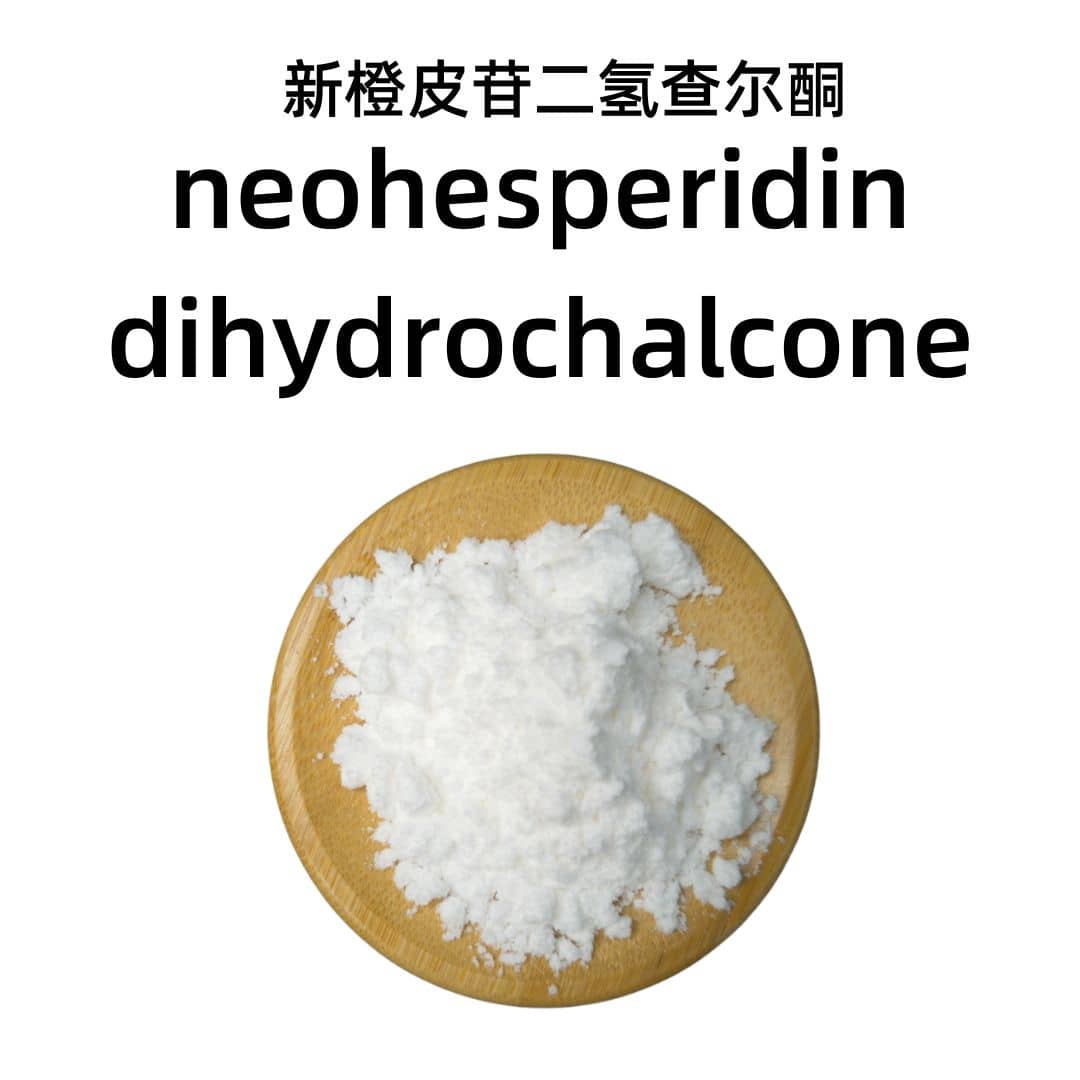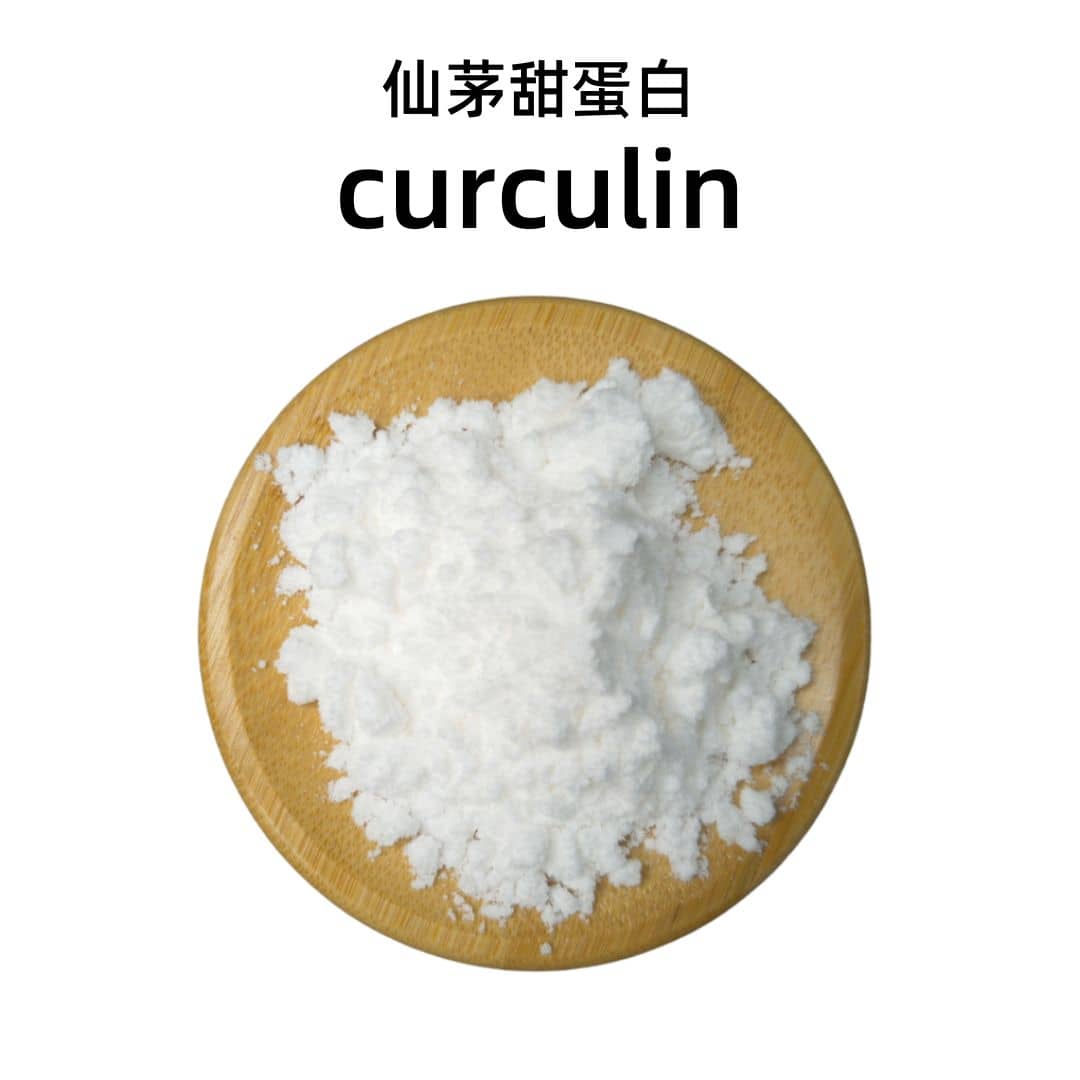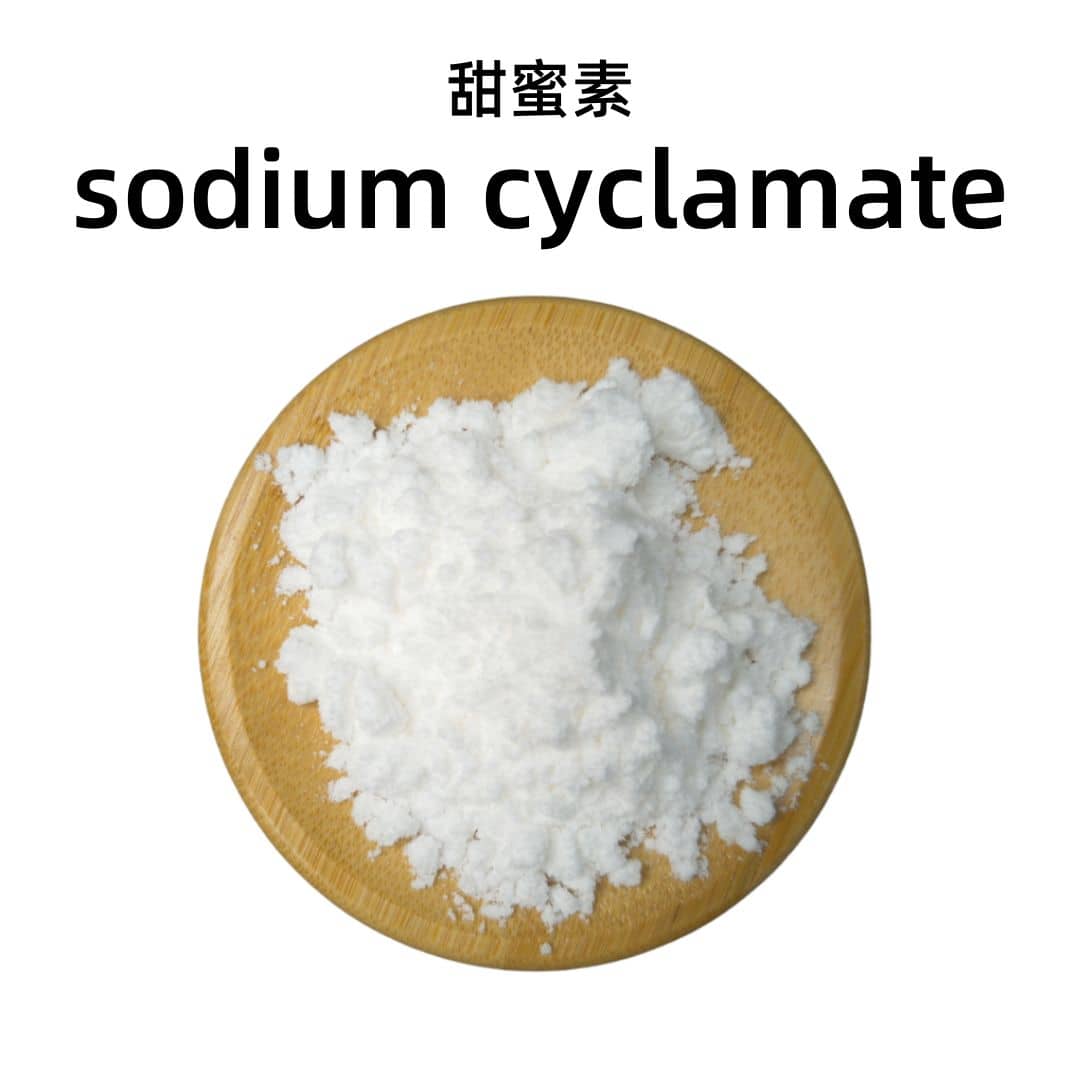Product Introduction
Aspartame is a low-calorie artificial sweetener widely used in various food and beverage products. It is synthesized from two amino acids, aspartic acid and phenylalanine, which contribute to its sweet flavor profile. Aspartame is approximately 200 times sweeter than sucrose, allowing for a significant reduction in calorie content while maintaining sweetness.
Product Manufacturing Process
The manufacturing process of aspartame involves several key steps. Initially, aspartic acid and phenylalanine are combined under controlled reactions to form the aspartame compound. This process includes filtration and purification stages to ensure the final product meets stringent quality standards. The resulting product is then dried and milled to achieve the desired particle size. Quality control measures, including HPLC testing, validate the purity and effectiveness of the sweetener.
Product Applications
Aspartame is commonly found in a wide range of products, including diet sodas, sugar-free gum, and sugar substitutes for baking and cooking. Its ability to provide sweetness without the accompanying calories makes it a popular choice among health-conscious consumers. Additionally, it is used in various pharmaceutical formulations and nutritional supplements.
Packaging and Storage
Storage Conditions: Aspartame should be stored in a sealed, lightproof container, avoiding high temperatures, and kept in a dry, cool, and well-ventilated place.
Packaging Method: The product is typically packaged in bulk in 25kg cardboard drums or in sample packaging of 1kg aluminum foil bags, with custom packaging options available upon request.
Shipping Method: Delivery methods include FedEx, DHL, dedicated logistics, and sea freight consolidation to ensure the product arrives safely and efficiently.
Shelf Life: Aspartame has a shelf life of 2 years when stored under recommended conditions.
Monica Sun possesses extensive technical expertise and market insights in the food additives industry. She excels in designing efficient and safe additive formulations tailored to various food applications, ranging from sweeteners to functional dietary fibers. Monica has successfully assisted food manufacturers in optimizing ingredient combinations to enhance product quality and improve consumer satisfaction.









